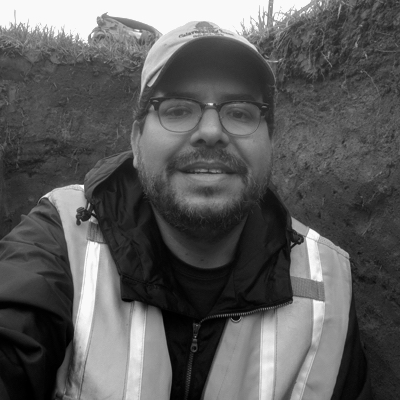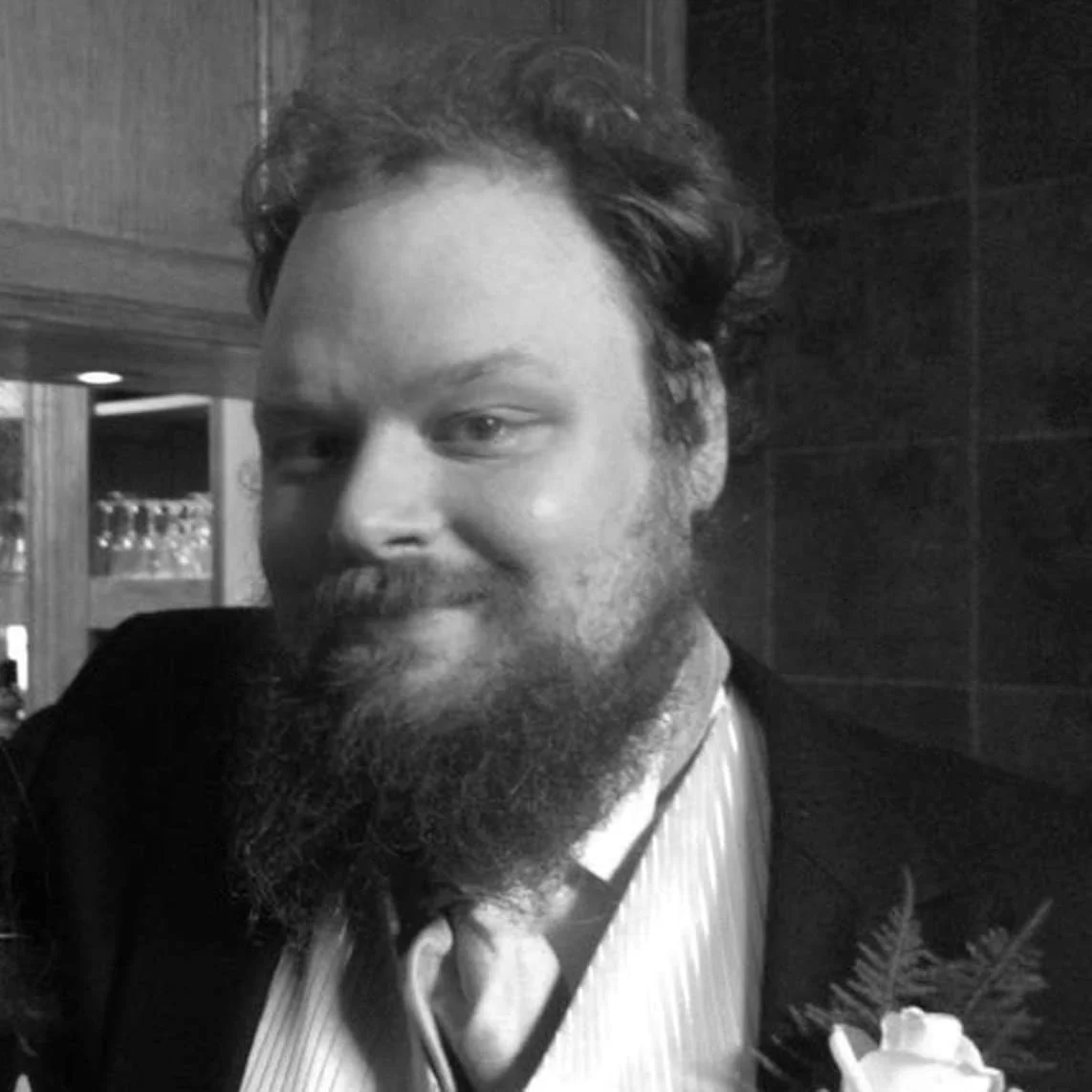the archaeology podcast network
Copyright 2014-2023, DIGTECH LLC
Founded: December 1st, 2014
founders
producers, marketing, social media
podcast creators and subject matter experts
thanks for the artwork
A Life in Ruins Campfire logo: (c)2019 Ettore Mazza
elsewhere on the web
Vox Archaeo: Podcasting the Past
by Tristan Boyle
Published in Public Archaeology: Arts of Engagement October 2019
Abstract:
In the wider public archaeology literature there is a distinct lack of discussion of the ways in which podcasts contribute to the digital media landscape. In recent years, new shows have been created and are part of a wave of creators for whom recording their own media is important. The variety of these shows demonstrate the adaptability and flexibility of the medium to accommodate voices that are not often at the forefront of discussions. In contrast to traditional forms of media, podcasting is not typically produced by an organisation but an individual; this means the audience is much closer to the creator in terms of feedback and influence. By drawing upon current areas of research into public archaeology, and by adding my own framework for describing podcasts, I hope to raise the profile of the medium and equip other researchers to be able use podcasts in their own work. I will be using three case studies, each from different content creators who have used contrasting formats to elaborate on the diverse methodologies and audiences that podcasts have. In addition to this I will be including a map of archaeology podcasts that I have traced through online web searches and social media, detailing links between shows and the wealth of topics and themes covered. Finally, I will discuss what separates apart podcasts from other forms of online digital media, and explain in what ways, content creators work with and support one another.
Middens and Microphones: Podcasting as Digital Public Outreach in Archaeology
by Tristan J. Boyle.
Published in Advances in Archaeological Practice on October 5th, 2017.
Abstract:
The podcast as a communicative medium continues to rise in popularity as an opportunity for individuals to express themselves in similar ways to traditional radio and television. Critically, though, the recording of a podcast does not need a full studio for production. Rather, an individual possessing a microphone, free editing software, and time can create an audio show that is then uploaded to the Internet for people to download and listen to. Although podcasts can be found via standard web searching, they are also often listed in podcast directories, such as iTunes, Sticher, Google Play, and Miro (Ortega 2015), and hence are easily discoverable through both desktop browsers and mobile apps, making it simple to subscribe to multiple shows. The iTunes store, owned by Apple, is a particularly popular directory: a podcaster must submit a special kind of link, called an RSS feed, to Apple and have it approved. An RSS feed is a dynamic link that lets anyone attached to it know when an update is made to a web page—in this case, a listing of podcasts. Once the podcast is accepted to the directory, various search engines can access it and allow people to search by name or category (chosen by the podcasters themselves).
Ignite Reno #18: Chris Webster - It DOESN'T belong in a museum
Episode 269 of Timelines of Success - Chris Webster - Archaeologist and Podcaster
Chris Webster is an archaeologist, author, podcaster, business owner, and archaeo-Futurist. His passion is public education, outreach, and making commercial field archaeology more efficient – raising the quality of life for archaeological field technicians. Chris, when he is not running his archaeologist firm, is out podcasting. He has nine podcasts and one is a daily podcast. That is a lot of commitment for sure.
Chris Webster presented at 1 Million Cups Reno on June 21, 2017. Look for a 1MC group in your town and learn about amazing entrepreneurs and people making it happen.
Chris's presentation starts at 35:50 if you want to skip ahead.


























